
Hungarian Wine
Rebbe Nachman warned that in the end of days there’d be all kinds of ‘rabbis,’ ‘rebbes,’ and ersatz tzaddikim that will be peddling their fine (but fake) wares...

Rebbe Nachman tells the following parable:
There was once a young lad who needed to hitch a ride to the big city. A wealthy wine merchant was going that way, and agreed that the lad could ride along with him. In the course of the journey, the wine merchant let the lad sample some of the fine Hungarian wine that he’d just purchased – and it was absolutely delicious. Unparalleled. The best wine ever.The lad completed his errand in the city, and came back home. A little while later, one of the locals was boasting about the ‘fine Hungarian wine’ that he’d just had the good fortune to buy. The lad asked for a taste, and told the owner of the bottle that it definitely wasn’t fine Hungarian wine. The lad had tasted the real deal, and what was in the bottle was very inferior. In short, the man had been conned.
Rebbe Nachman concluded the story by explaining that at the End of Days, there will be a whole bunch of ‘Rabbis’, ‘Rebbes’, ‘Religious Experts’. and ‘Tzaddikim’ who will be peddling their ‘Fine (but fake) Hungarian Wine’ – but they wouldn’t be able to fool Rabbi Nachman’s followers, because they would have already tasted the real thing.
It’s an interesting parable for a lot of reasons, and I’ve been thinking about it quite a bit, recently.
One of the things that I come up against with religious people who are new to Breslev ideas about emuna, personal prayer, and having a direct relationship with G-d is that all these amazing ideas usually go directly contrary to what they’ve already been taught by someone else.
And all these other important Jewish people also say that ‘their way’ of doing things leads directly to geula, to mashiach, and to Gan Eden, so who am I to say that I (or rather, Rebbe Nachman) knows any different?
Who am I to say that working on emuna is the single thing that will make the most difference to a person’s yiddishkeit and quality of life, and will bring geula and mashiach fastest, when they’ve been told it’s keeping tzniut; or eating glatt; or doing some other mitzvah? And of course, they are right that these things are all incredibly important.
But they aren’t, by themselves, the *point*. The *point*, as Rabbi Shimon Bar Yochai explains in the Zohar, is not just to do mitzvot, but to develop a relationship with Hashem, and to get to know Him.
Mitzvot help to create and strengthen the channel to our Creator. But only emuna and hitbodedut takes the cork out of the pipe, and actually lets His shefa flow down to us, and our prayers flow up to Him.
Seems kind of obvious, doesn’t it, that without the emuna that Hashem exists, that everything that happens only happens because He wills it, and that He’s involved in every single aspect of our lives, mitzvah observance, by itself, doesn’t really make much sense.
But I have a hard time convincing a lot of people of this. Until they’ve tasted the ‘Fine Hungarian Wine’ themselves, they often just don’t get it. So now, I’ve switched tack. Now, instead of having pointless arguments, I try to get them to swig down a glass of the good stuff for themselves.
For one person, it’s a Garden of Emuna. For another person, it’s a CD. For yet another person, it’s their first ever personal conversation with Hashem.
And that last one, talking direct to Hashem, is where the real transformations can happen. Why? Because once you get into the habit of talking to Hashem regularly, even if it’s not yet a fixed hour every day, you can spot the people who don’t have a genuine relationship with Hashem a mile off.
It’s as clear as day who is peddling the good stuff, and who isn’t, regardless of who signed their smicha (rabbinic ordination), how many hours a day they learn or how long their beards are.
Now that I’ve been talking to Hashem for a while, Baruch Hashem, it doesn’t take me long at all to discern when a person is giving over good Torah, rooted in Hashem and humility, or giving over ‘fallen Torah’, rooted in their own desire to be seen as a wise, learned person or a saint.
The difference between these two Torahs is literally the difference between the elixir of life and the elixir of death. Holy Torah will bring a person closer to Hashem and will encourage them to fix what they need to in their neshamas, and achieve their soul corrections. Unholy Torah does the opposite. Unholy Torah makes people arrogant, cruel, insensitive and ultimately, Rebbe Nachman writes that it will cause the people who listen to it to become atheists.
It’s not so hard to see why. How many scholars of ‘unholy Torah’ have you met, who refuse to eat in your house but have no problem speaking lashon hara about their fellow Jews? Or who can give an absolutely dynamite shiur about ‘anger being like idolatry’ – but still explode with rage when someone edges them out of a parking space?
An outsider sees all this, and thinks ‘Torah is hypocrisy’, G-d forbid. They see all this, and they say to themselves that people who learn Torah are no better than you and I – except they have the added fault of thinking that they are so pious and holier-than-thou.
This is what happens when people learn unholy Torah. And while it’s not always so easy to spot it in the leader, or ‘main man’ – because they have a reputation to keep up – it shows itself very clearly in their angry, unreformed, arrogant, unkind followers.
Holy Torah, by contrast, works a profound change in a person. When people learn holy Torah, they start to understand just how far they still have to go, and just how amazing everyone else is.
So if you want to know which Torah is which, try the following; when people start telling you about ‘their’ Torah, watch to see if ‘their’ Torah is making them kinder, more patient and more refined people. Watch to see if, over time, they start to worry less, to yell less, to stress less. Watch to see how they treat their spouse, children and parents; how they deal with challenging situations and how they treat their fellow Jews.
Personal transformations take time, of course. They usually take years and years. But if they are really the students of ‘holy Torah’, you‘ll see some subtle but profound differences almost immediately.
Even if someone continues to get angry, for example, they’ll be far faster to apologize, and feel far worse about the damage they’ve done. And they’ll admit they aren’t perfect, which is probably one of the key indicators of a person who’s starting to learn holy Torah.
And if all of these things aren’t happening – even if the person has been learning every day and got super stringent on a million and one external details – it’s highly probable that they aren’t learning holy Torah. They aren’t drinking ‘Fine Hungarian Wine’ after all – and they won’t be able to fool you that they are.


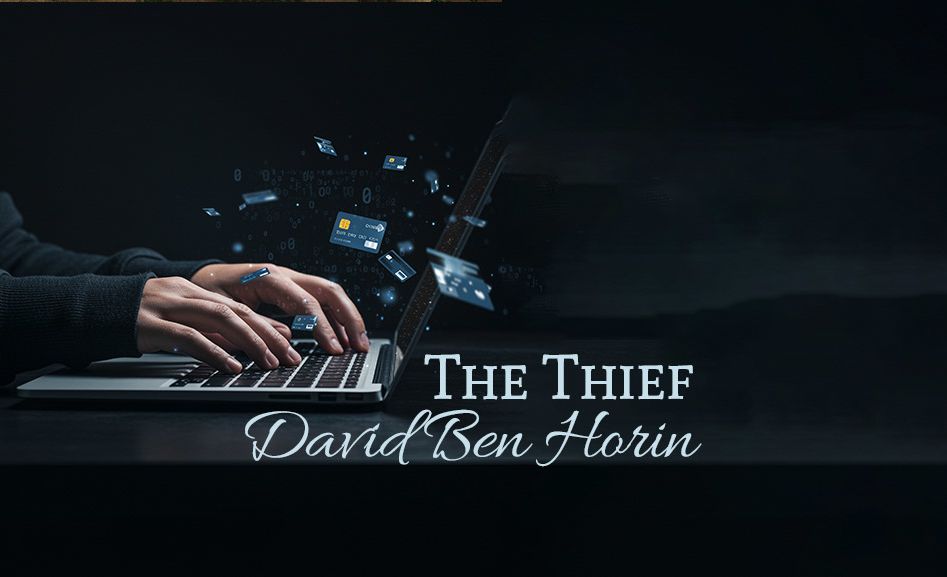

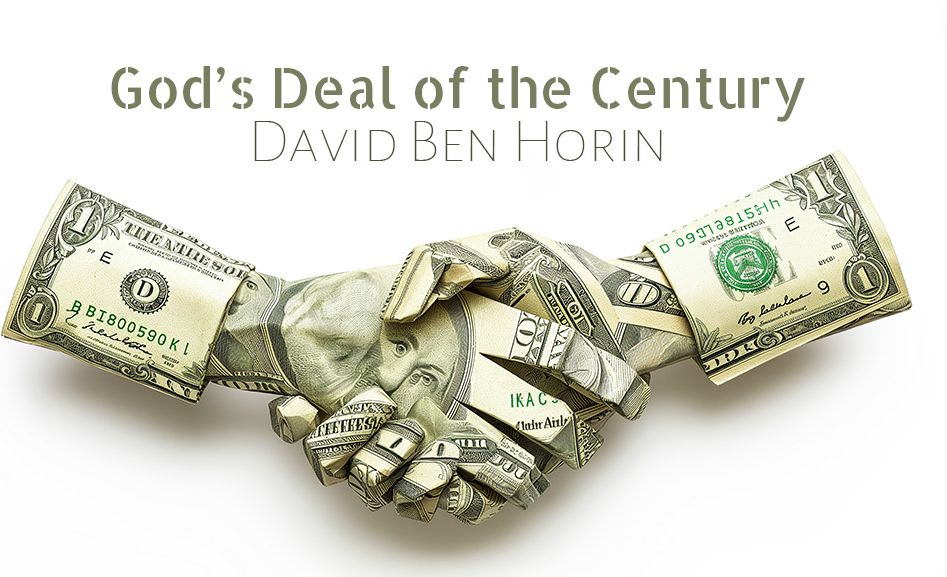
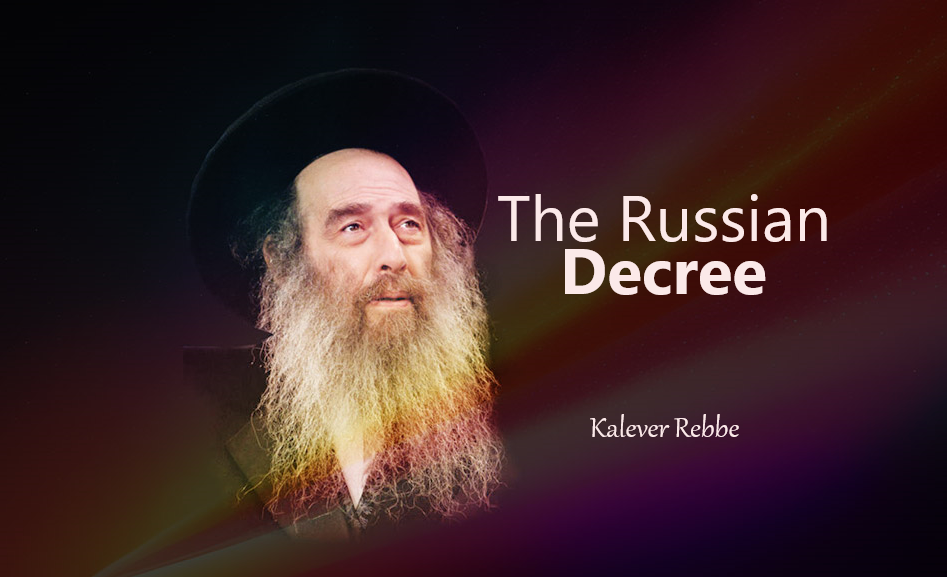
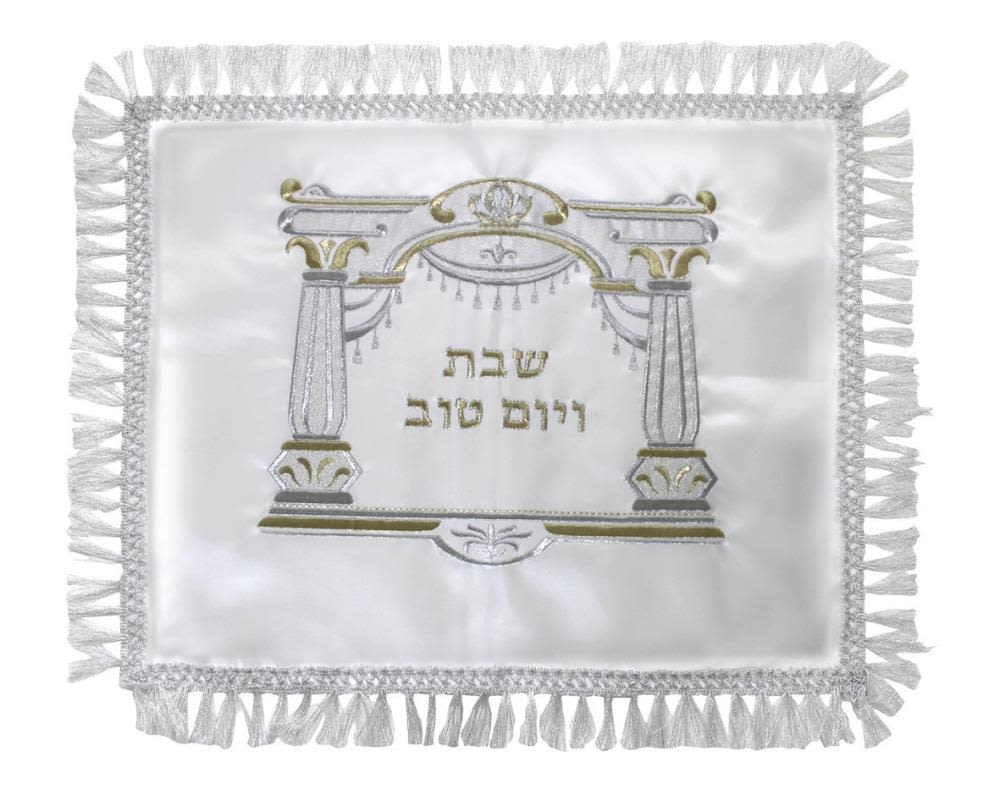

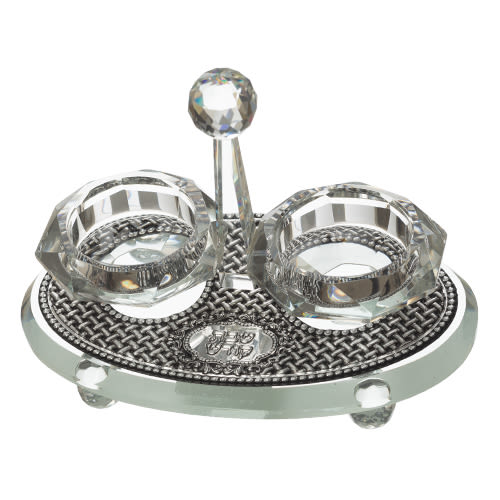
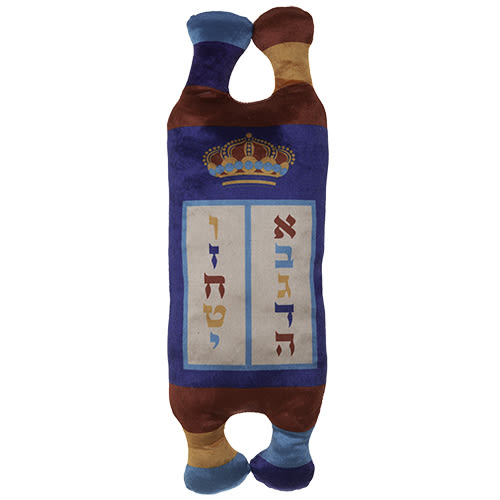

4/28/2011
Spot on!!! So true. And your comment on anger pegged me down pat, and gave me a lot of chizuk!!!! Even if I feel like I'm fAiling, you showed me that there is progress being made.
4/28/2011
So true. And your comment on anger pegged me down pat, and gave me a lot of chizuk!!!! Even if I feel like I'm fAiling, you showed me that there is progress being made.